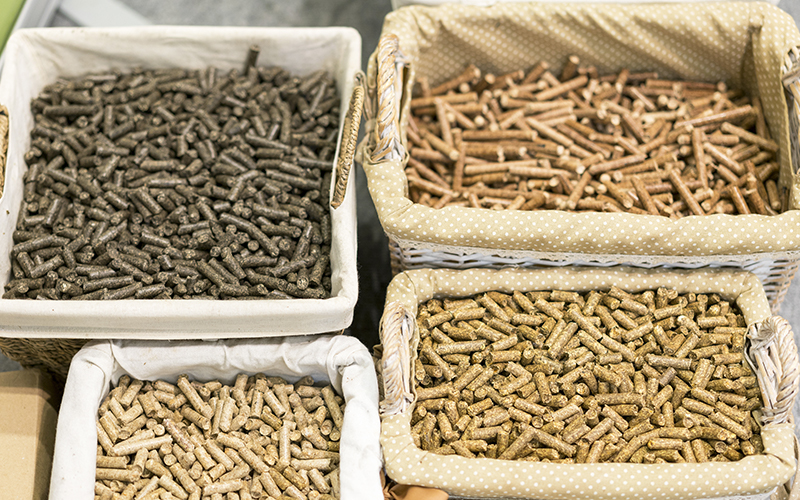
by Dr Sophie Kelly | Feb 25, 2021 | Equine Health
Many horse owners are unaware of the potentially devastating consequences of accidental ingestion of calf pellets. Many pellets designed for calves/cattle contain additives that are highly toxic to horses, as well as other non-ruminant species. The most common and...
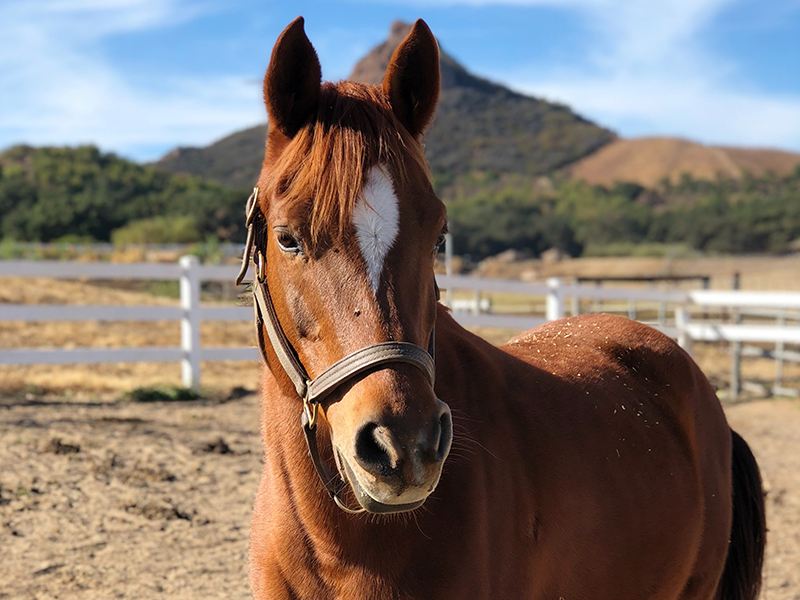
by Dr Sophie Kelly | Jun 16, 2020 | Equine Health, News
Flash is a two-year old miniature pony with a big personality! His owner contact us as he was dragging one of his hindlimbs. Following examination, Flash was diagnosed with upward fixation of the patella, also known as ‘locking stifle’ or ‘locking patella’. What is...
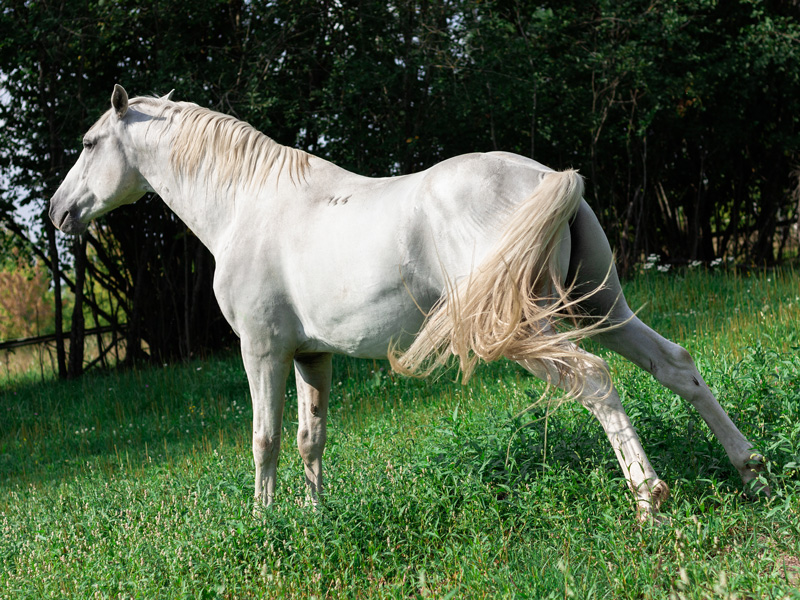
by Dr Sophie Kelly | Dec 18, 2019 | Equine Health
Case of the Month Casper is a 14-year-old Arabian X that was purchased recently as a pleasure horse. The owner had not had him long when she noticed blood in his urine. Casper was in poor condition at the time of purchase, and the owner was having difficulty getting...
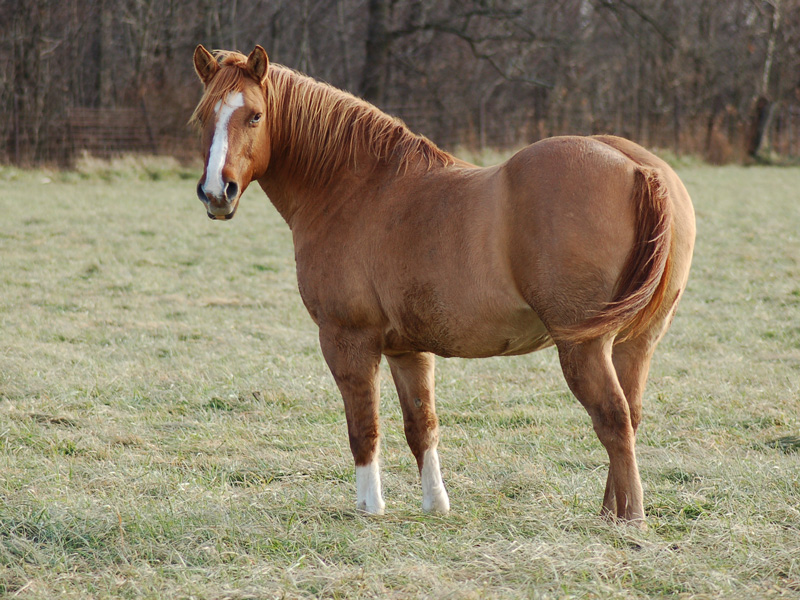
by Dr Sophie Kelly | Sep 19, 2019 | Equine Health
Equine Metabolic Syndrome is an endocrinopathy (hormone related disease) that affects horses, ponies and donkeys. It is characterised by 3 main features; Obesity, and/or regional adiposity (fat deposits in certain areas, ie. the crest), Insulin resistance, and...
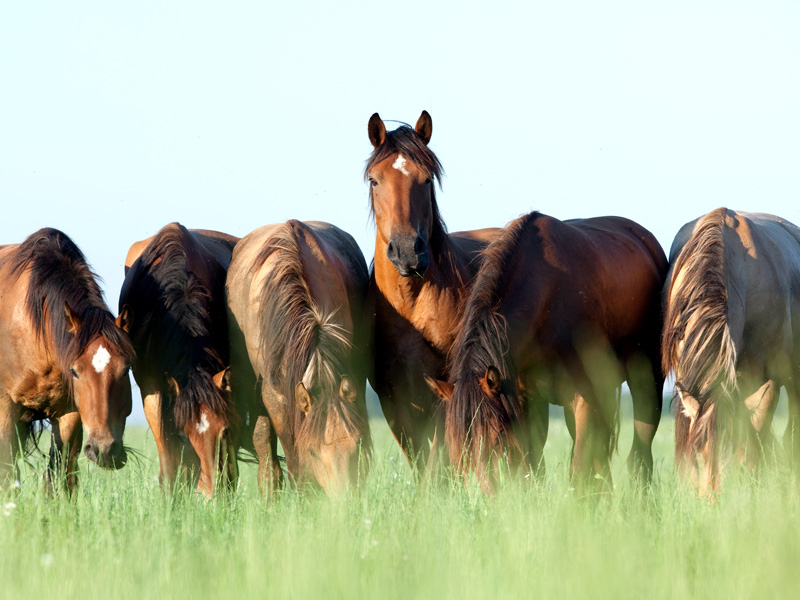
by Dr Sophie Kelly | Apr 2, 2019 | Equine Health
Worm infestation in horses can cause various health issues, including tail rubbing, a poor/dull coat and weight loss inability togain weight. In more severe cases (ie. when left untreated), anemia, diarrhoea and even serious colic can result. Worm control is therefore...






